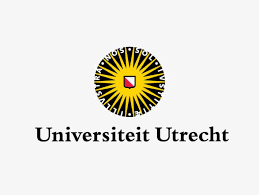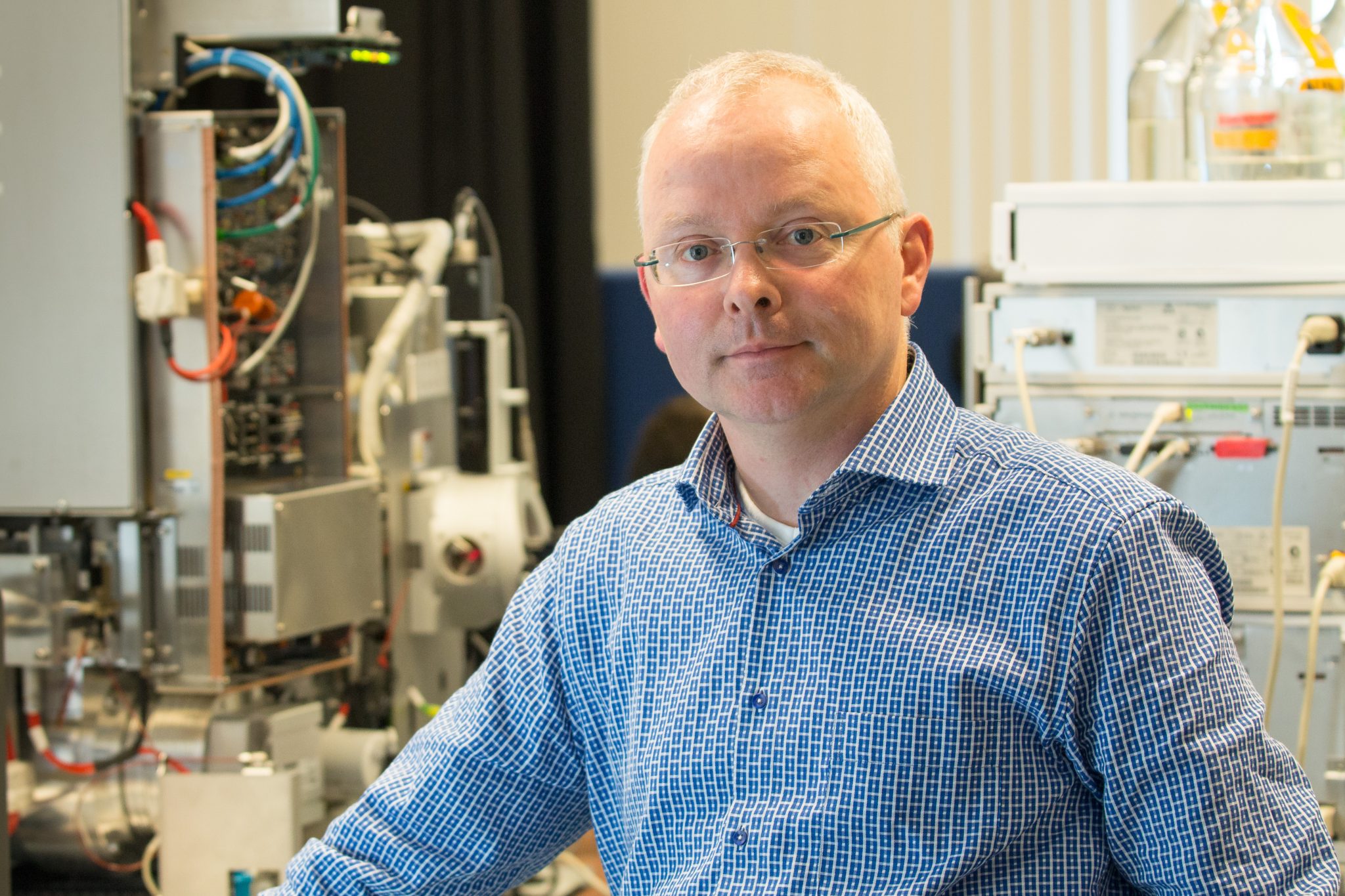
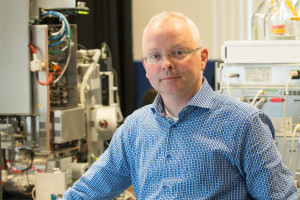
Albert Heck holds the chair in Biomolecular Mass Spectrometry and Proteomics. Main research interests are in technology development for proteomics and structural biology. Innovations include new mass analyzers, fragmentation and enrichment techniques, and new sample preparations approaches. Work in proteomics applications focus on stem cell and cancer biology and immunology. In the structural biology program the work focuses on viruses, transcription complexes, and signaling hubs.
Highlighted publications
See my citations on Google Scholar
- [PMID][/PMID]
-
[PMID][/PMID]
- [PMID][/PMID]
- [PMID][/PMID]
- [PMID][/PMID]
People working for Albert
[profilelist pi=”albert-heck” orderby=”last_name”]
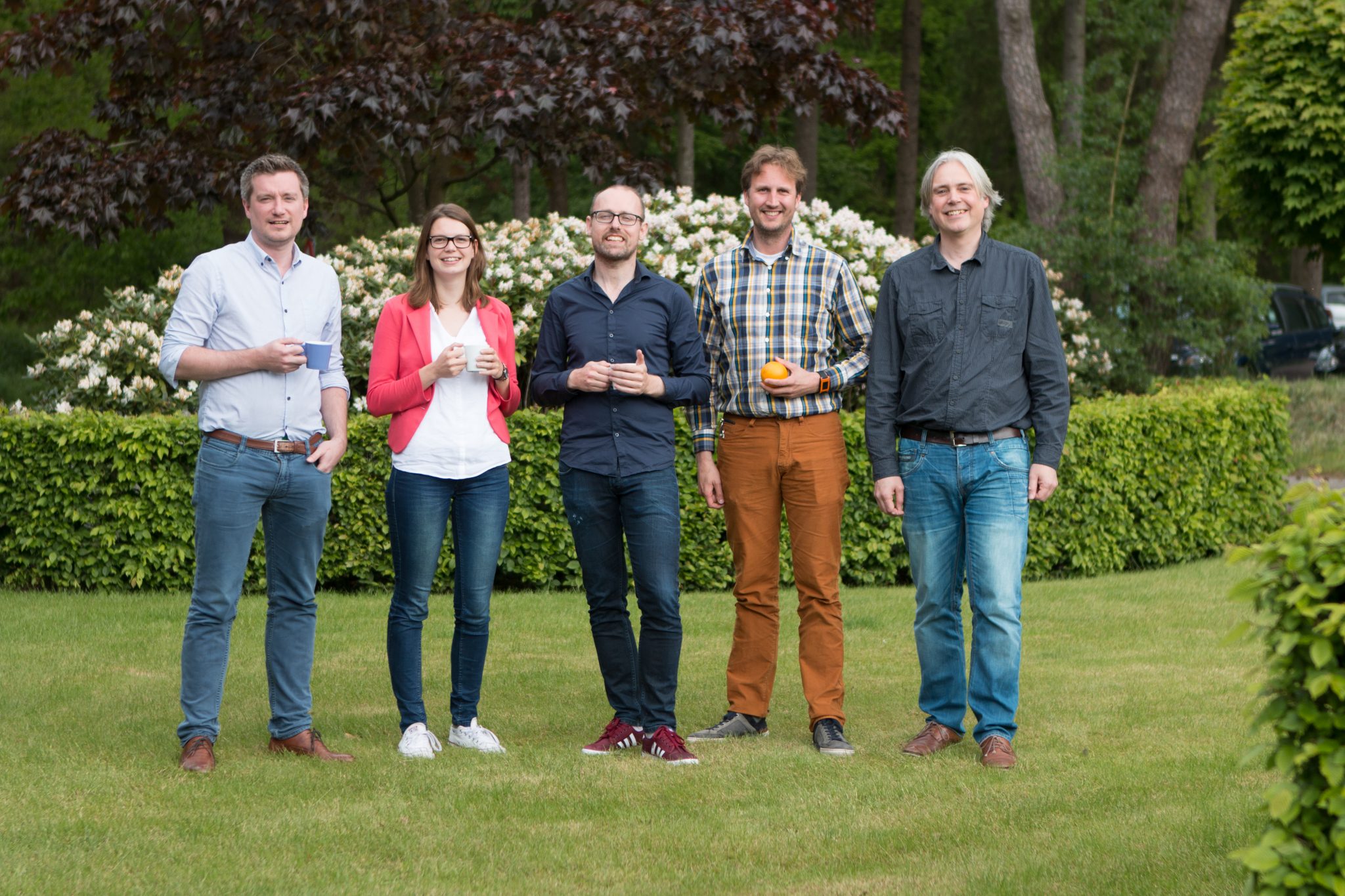
- Padualaan 8
- 3584CH Utrecht, Netherlands
- +31(0)302539761
Bas van Breukelen focuses on the analysis of data originating from proteomic experiments. Bioinformatics tools are developed to identify and quantify proteins presents in those very large datasets. In addition software and algorithms are developed that aid statistical analysis and data visualization.
Highlighted publications
- [PMID]25538140[/PMID]
-
[PMID]25000127[/PMID]
- [PMID]24980484[/PMID]
- [PMID]24760958[/PMID]
- [PMID]24677030[/PMID]
People working on Bioinformatics
[profilelist pi=”bas-van-breukelen” orderby=”last_name”]
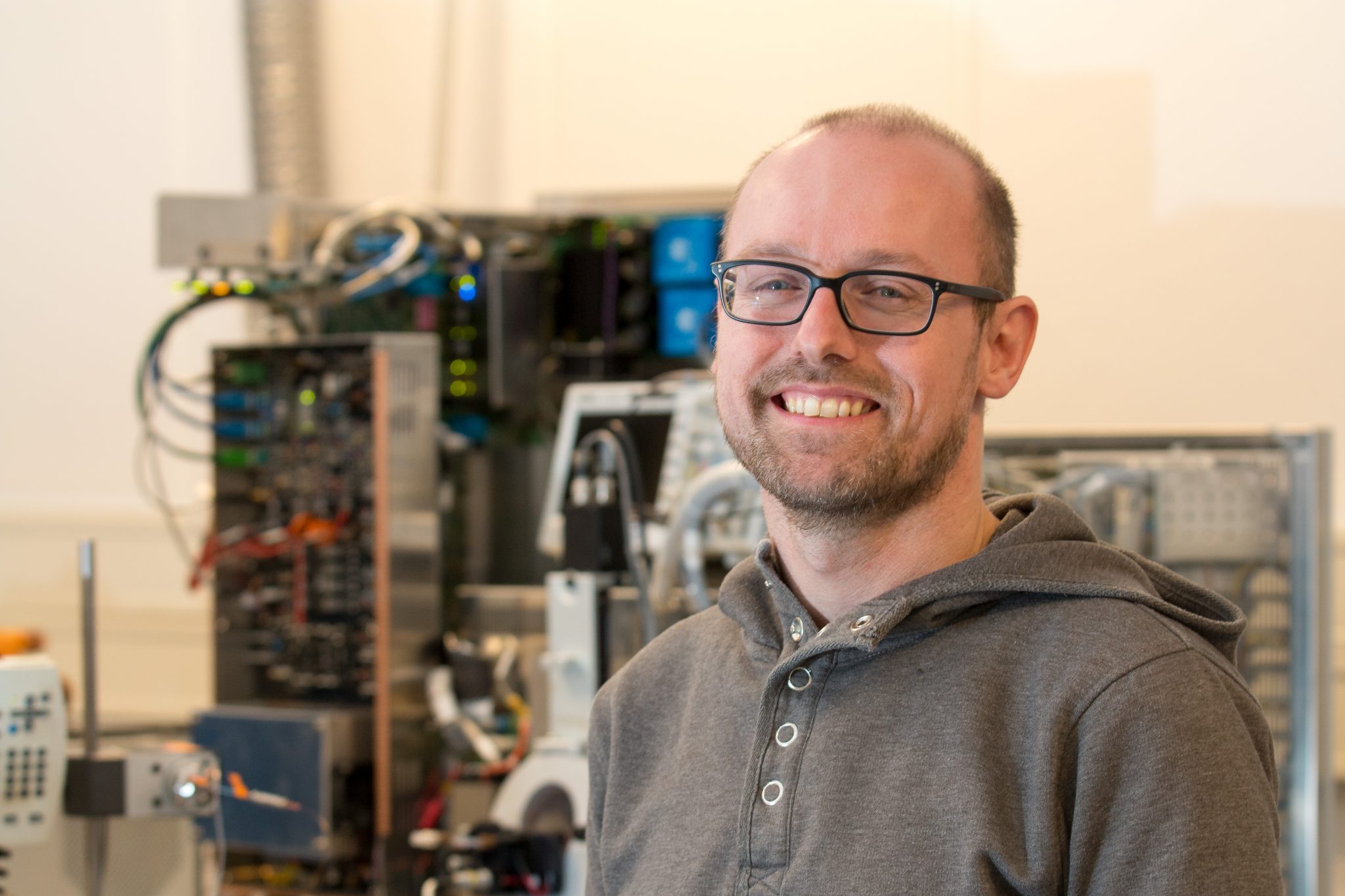
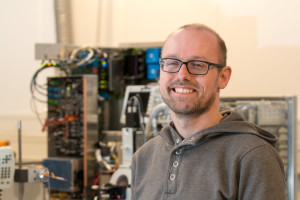
Richard Scheltema group works on unraveling protein complex topology and dynamics by mass spectrometry. Research focuses on the development of advanced LC/MS-MS platforms and analysis software to provide an in-depth, quantitative view on and spatial information between the proteins & small molecules under investigation.
Highlighted publications
See my citations on Google Scholar
- [PMID][/PMID]
-
[PMID][/PMID]
- [PMID][/PMID]
- [PMID][/PMID]
- [PMID][/PMID]
People working for Richard Scheltema
[profilelist pi=”richard-scheltema” orderby=”last_name”]
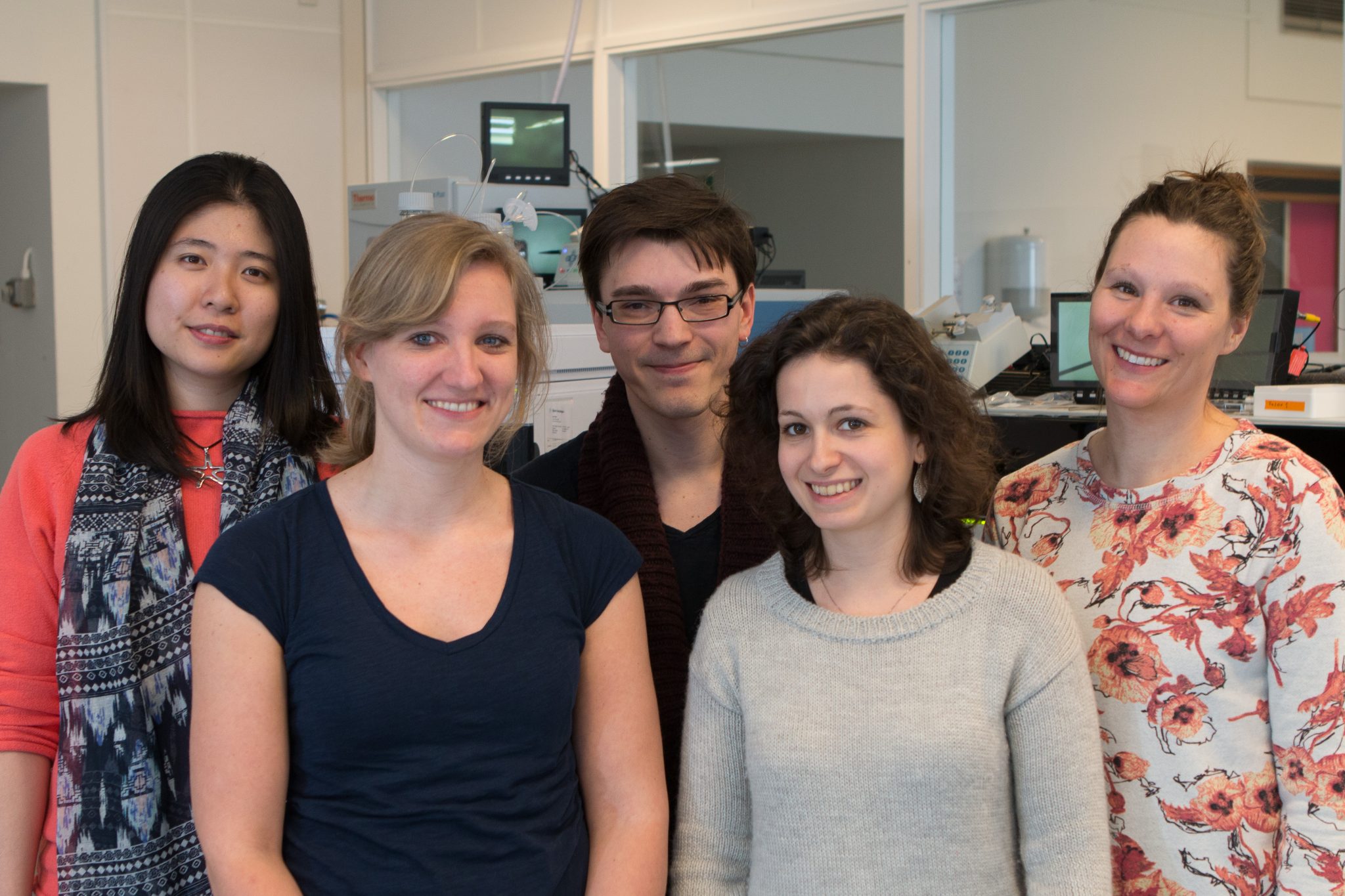
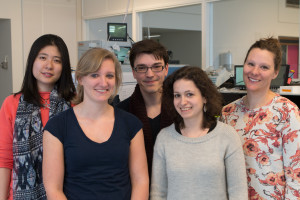
Simone Lemeer works on the elucidation of the mechanisms of action of small molecule inhibitors in cancer cells, as well as identification of the intrinsic resistance mechanisms. State of the art, high sensitive, chemical proteomics and phosphoproteomics technology are used to study the dynamic changes in response to small molecule inhibitor treatment.
Highlighted publications
- [PMID]25394399[/PMID]
-
[PMID]24870543[/PMID]
-
[PMID]23975139[/PMID]
- [PMID]23685481[/PMID]
- [PMID]23495751[/PMID]
People working in the Lemeer group
[profilelist pi=”simone-lemeer” orderby=”last_name”]

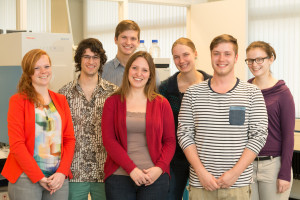
The Berkers group combines Metabolomics approaches – aimed at studying the small molecule metabolite profile of cells using Mass Spectrometry – with biochemical and chemical biology techniques. By comprehensively profiling metabolic changes in either drug resistant cells or in specific populations of immune cells, we aim to identify novel targets for therapeutic intervention.
Bio
Celia Berkers studied chemistry at Utrecht University, where she graduated cum laude in 2003. She started her PhD at the Harvard Medical School in Boston and continued her research at the Netherlands Cancer Institute in Amsterdam. Berkers received her PhD degree with honors in 2010 and was awarded the Antoni van Leeuwenhoek Prize 2010 for most promising young scientist. She then moved to the Beatson Institute for Cancer Research in Glasgow, where she did a post-doc in the laboratory of Prof. Karen Vousden, supported by a Rubicon fellowship from NWO. In 2013, Dr Berkers joined the Biomolecular Mass Spectrometry and Proteomics Department at Utrecht University as an independent group leader and was awarded a VENI grant from NWO-CW. In 2014, she was awarded the Heineken Young Scientists Award for Biochemistry and Biophysics by the Royal Netherlands Academy of Arts and Sciences.
Research
The Berkers group combines Metabolomics – studying the small molecule metabolite profile of cells using Mass Spectrometry – with biochemical and chemical biology techniques. By comprehensively profiling metabolic changes in either drug resistant cells or in specific populations of immune cells, we aim to identify novel targets for therapeutic intervention.
Drug resistance
Drugs that inhibit the proteasome hold great promise for the treatment of cancer; treatment is, however, often associated with adverse effects and the occurrence of primary and acquired resistance. Supported by a VENI grant, the lab started to elucidate the metabolic mechanism of resistance against the proteasome inhibitor Velcade®. To this end, we use state-of-the-art LC/MS and combine steady-state metabolomics screens with metabolic flux studies using stable isotope-labeled nutrients. Characterizing the pathways that cells use to adapt to the action of proteasome inhibitors could reveal novel therapeutic targets for combination treatment and could open up possibilities to treat resistant patients.
Immunometabolism
Immune responses depend on the balance between two types of T cells: conventional T cells (Tconv), that kill infected or tumor cells, and regulatory T cells (Treg), that inhibit the response of conventional T cells to self- and foreign antigens. Treg are critical to inhibit autoimmunity. Thus, patients with autoimmune diseases such as rheumatoid arthritis will likely benefit from Treg stimulation. On the other hand, Treg impede anti-tumor immunity and therefore, cancer patients will likely benefit from Treg inhibition. But because Treg and Tconv share many features – including co-stimulatory and cytokine receptors – compounds that selectively modulate different T-cell types are scarce. One aspect in which Treg may differ significantly from Tconv is in their metabolic features. In an Institute for Chemical Immunology project we aim, together with immunologist at the NKI and Sanquin, to map the metabolic differences between Treg and Tconv using metabolomics approaches.
Highlighted publications
- Berkers, C.R., de Jong, A., Schuurman, K.G., Linnemann, C., Meiring, H.D., Janssen, L., Neefjes, J.J., Schumacher, T.N., Rodenko, B., Ovaa, H. Definition of Proteasomal Peptide Splicing Rules for High-Efficiency Spliced Peptide Presentation by MHC Class I Molecules. J. Immunol. 195, 4085-95 (2015).
- Berkers, C.R., de Jong, A., Schuurman, K.G., Linnemann, C., Geenevasen, J.A., Schumacher, T.N., Rodenko, B., Ovaa, H. Peptide Splicing in the Proteasome Creates a Novel Type of Antigen with an Isopeptide Linkage. J Immunol. 195, 4075-84 (2015).
- Berkers, C.R., Maddocks, O.D., Cheung, E.C., Mor, I., Vousden, K.H. Metabolic Regulation by p53 Family Members. Cell Metab. 18, 617-33 (2013)
- Maddocks, O.D., Berkers, C.R., Mason, S.M., Zheng, L., Blyth K., Gottlieb, E., Vousden, K.H. Serine starvation induces stress and p53-dependent metabolic remodelling in cancer cells. Nature 493, 542-546 (2013)
- Berkers, C.R., Leestemaker, Y., Schuurman, K.G., Ruggeri, B., Jones-Bolin, S., Williams, M., Ovaa, H. Probing the specificity and activity profiles of the proteasome inhibitors bortezomib and delanzomib. Mol. Pharm. 9, 1126-1135 (2012)
People working in the Metabolomics group
[profilelist pi=”celia-berkers” orderby=”last_name”]
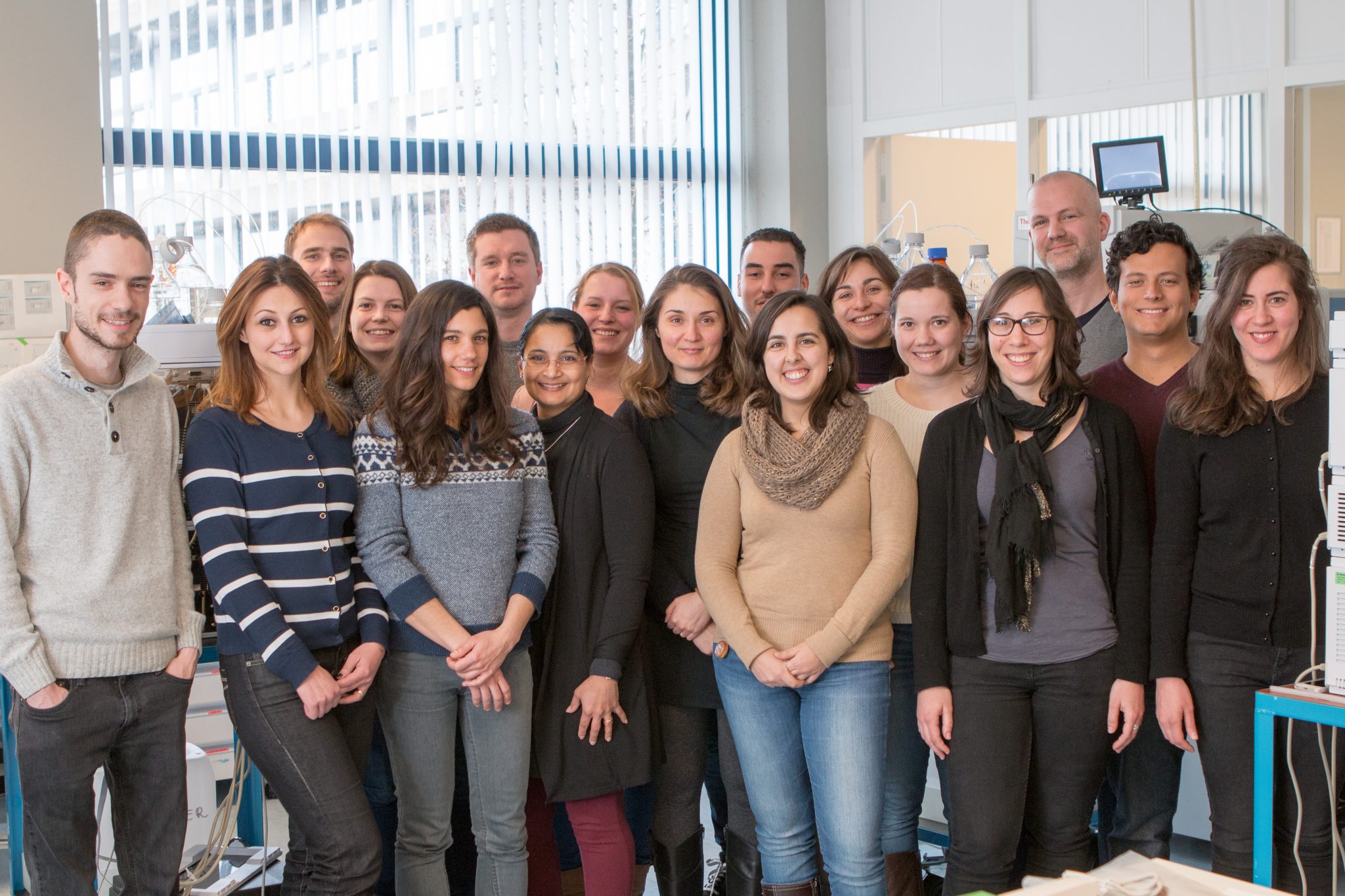
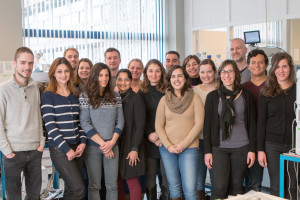
Maarten Altelaar develops and implements novel MS based proteomics technologies to study protein regulation and cellular signaling processes. Emphasis lies on neuronal cell differentiation and cancer signaling in acquired drug resistance and immune therapy. High-throughput (phospho)proteomics complemented with top-down MS technologies are used to target proteome dynamics.
Highlighted publications
- [PMID]25538140[/PMID]
- [PMID]24961811[/PMID]
- [PMID]25518064[/PMID]
- [PMID]23581470[/PMID]
- [PMID]23360999[/PMID]
- [PMID]23207911[/PMID]
[profilelist pi=”maarten-altelaar” orderby=”last_name”]
